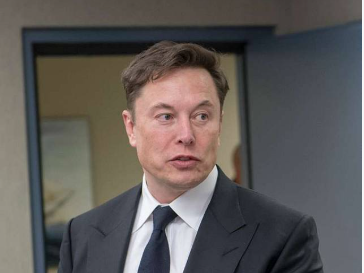Elon Musk used Tesla’s earnings call to argue that proxy advisory firms don’t represent the true interests of Tesla shareholders regarding his trillion-dollar compensation package. The pointed argument came ahead of the decisive November 6 vote at the company’s annual meeting.
Tesla’s quarterly earnings presentation had addressed the company’s advances in AI technology, autonomous vehicles, and the Optimus humanoid robot before Musk’s dramatic intervention. His decision to question proxy advisors’ alignment with shareholder interests demonstrated his belief that their recommendations could lead investors to vote against their own financial benefit.
Musk articulated his position that meaningful voting control is essential for guiding Tesla’s strategic initiatives while accepting appropriate shareholder accountability. He framed the compensation issue as crucial for protecting the company’s ambitious projects in robotics and artificial intelligence from external interference.
The CEO directed his harshest criticism toward ISS and Glass Lewis, explicitly stating they don’t vote in shareholders’ interests and lack proper understanding of Tesla’s business. Musk’s passionate denunciation included specific concerns about being removed from leadership of robotics programs based on their recommendations.
CFO Vaibhav Taneja concluded the call by emphasizing the alignment between Musk’s compensation and shareholder value creation. Taneja explained that the board committee structured the package to ensure Musk receives nothing unless investors achieve substantial returns, making multiple appeals for shareholder support of the plan.
INDIA TV NEWS CHANNEL is multi-platform news and information media broadcast company. Every year, we deliver world-class journalism to more than 10 million world’s most influential audiences in over 150 countries, who want to stay up-to-date with all that is happening in the world. Whether it’s News, Sports, Money, Politics, or Entertainment, we drive an imperative conversation every day on every platform.
© Copyright by INDIA TV NEWS CHANNEL (A Digital Media Brand owned by AMAZON MEDIA LLC).
- About Us
- Our Team
- Our Mission
- Our Values
- Our Impact
- Chairman’s Words
- Share A Tip
- Careers
- Advertise
- Awards
- Media Solutions
- Journalism Standards
- Social Responsibility
- Editorial Policy
- Privacy Policy
- Terms of Service
- Code of Ethics
- Community Rules & Guidelines
- Editorial Complaints
- Newsletters
- Acquisition
- Licensing
- Investor Relations
- Contact Us

